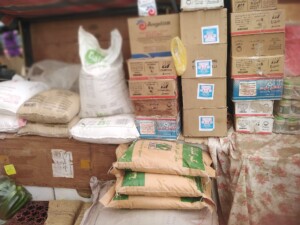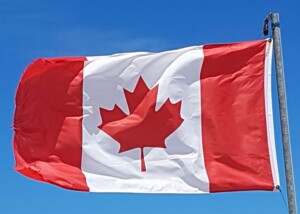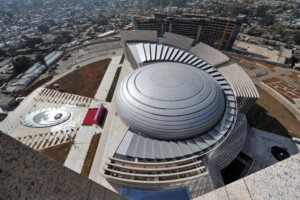US Dollar now costs SDG640 on Sudan streets
The price for a US dollar has continued to rise in banks and on the streets of Khartoum over the past week, with the value of the Sudanese Pound (SDG) in freefall against major international currencies.
 Sudanese Pounds (File photo)
Sudanese Pounds (File photo)
The price for a US dollar has continued to rise in banks and on the streets of Khartoum over the past week, with the value of the Sudanese Pound (SDG) in freefall against major international currencies.
On Sunday morning, a Dollar cost SDG672 at the official bank rate – SDG12 more than it did on Thursday – while the greenback was trading at SDG640 on the parallel market – up SDG 20 from the end of last week.
The price of fuel in Sudan has also increased for the fourth time in two months. A litre of petrol now costs SDG672 in Khartoum. This has knocked-on to the aviation sector.
Sudan’s Civil Aviation Authority had issued a circular to increase the price of tickets for domestic flights by 25 per cent, effective yesterday. A flight from Khartoum to El Geneina now costs SDG 85,000, Nyala SDG73,500, El Fasher SDG66,500, and Port Sudan SDG60,000.
The continued plunge of the Sudanese Pound comes despite the announcement by the Central Bank of Sudan last week, on unification of the Sudanese Pound exchange rate to allow for the determination of currency exchange rates without interference from the Central Bank.
Economist Hasan Bashir said in an interview with Sudan Today on Radio Dabanga that the full liberalisation of the exchange rate in the absence of enough foreign currency reserves will lead to the continued rise in the price of the greenback in the parallel market.
Last year, the government also unified the Sudanese Pound exchange rate in an attempt to halt the ongoing inflation in Sudan. At that time, the official exchange rate for 1USD was adjusted from SDG55 to the parallel market rate of SDG375.
At that time, economics Professor Hasan Bashir and Professor Esam El Zein told Radio Dabanga that the currency adjustment would stabilise the exchange rate and encourage grants, loans, and emergency subsidies but also warned about increased poverty and inflation.
Since the October 25 military coup, the parallel market has started to become more powerful again and to diverge from the official exchange rate.
Economic conditions in Sudan have been harsh and many basic daily needs have become unaffordable for people as the Sudanese Pound plunges further and further.











 and then
and then